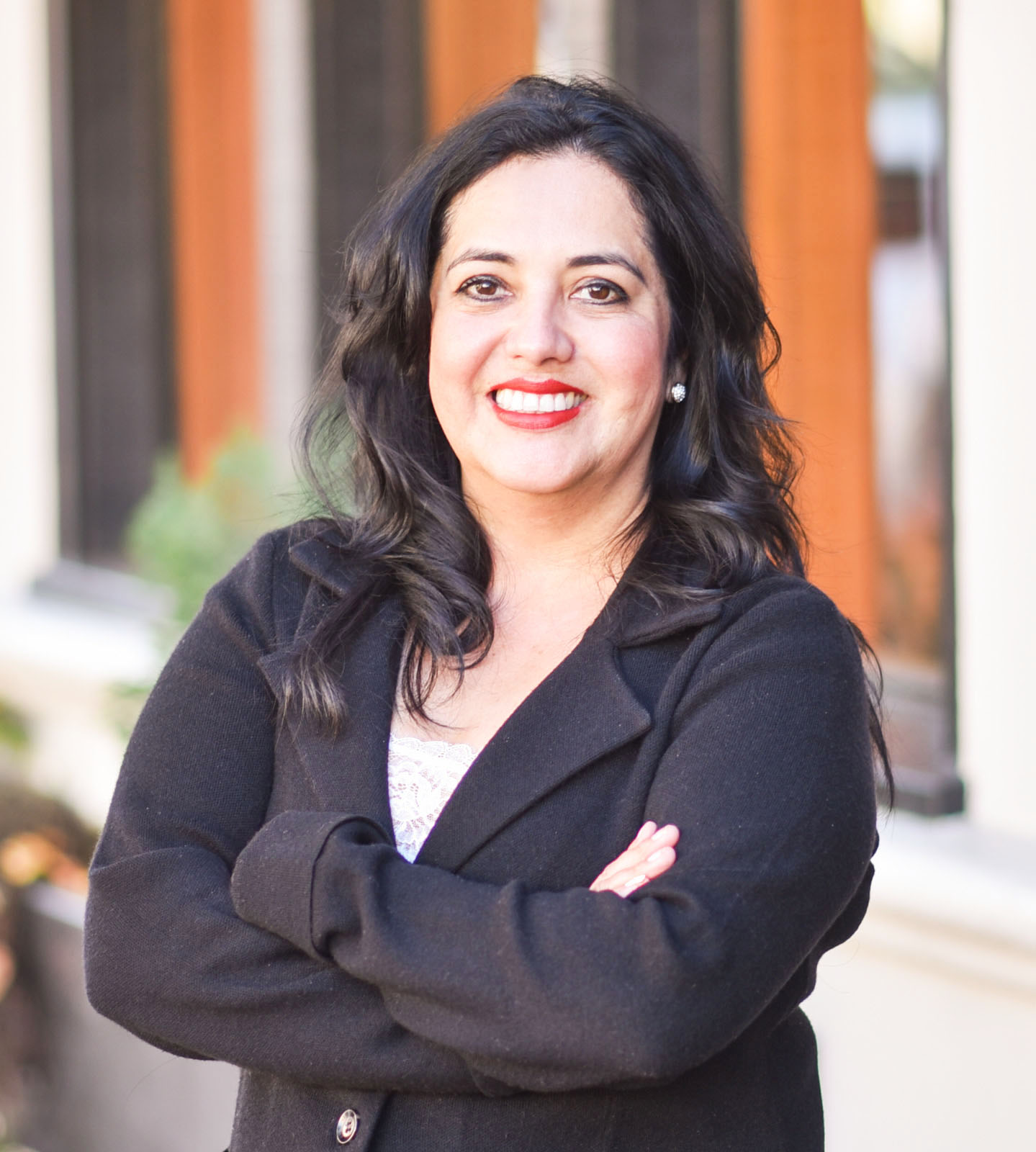
Photo by Andrey_Popov via Shutterstock
Often, when discussing ways to get out of debt, the subject of “mortgage versus investments” comes up. If you have a mortgage, your monthly budget likely revolves around paying it first, meaning investment ideas take a back seat. One way to free money up to invest is to pay off the mortgage, and many financial planners advocate for paying off the mortgage if you can with any available funds. Others suggest that by not investing extra cash, you miss the benefit of compounding interest your investment can earn over those same years. So, which is better? That depends.
How It Works
Ultimately, the question comes down to how it affects your bottom line. But when it comes to investing versus mortgage payments, the first place to investigate is how it changes your tax return. Find an online tax calculator to calculate which one saves you more or if you break even.
Next, look at the concept of “opportunity cost” to determine which could save you more. An opportunity cost is a comparison of what you could gain by using a specific amount to pay down your mortgage or invest that same amount. If you have $500 extra to either invest or apply to your mortgage, for example, you might earn four percent on the investment, or $20. After taxes, those earnings would be $15.
If you use the $500 to make an extra payment on your mortgage and your loan is at three percent interest, it saves you $15, and after taxes you might have $12.50. In this case, the investment would net you more. Of course, each of these numbers adjusts based on your true rate of return compared to the interest rate paid, and the tax bracket it puts you in for the year. That means that while this year it’s better to invest, next year might be better to pay on the mortgage.
Remember These Guidelines
- If your mortgage rate is low, the long-term benefit from paying it off early decreases.
- When the choice is between your mortgage and adding to your 401(k), often the retirement plan is better because of compounding interest over time.
- If you move into a lower tax bracket, it’s better to pay off the mortgage.
- If your investment returns decrease, such as in the 2008 downturn, it’s better to pay off the mortgage.
- Calculate your level of risk tolerance. If increasing risk to get a greater return causes stress, concentrate instead on paying down the mortgage. That way, your home is never in jeopardy due to your investment risk.
Even if a plan seems perfect this year, revisit your decision every year or two to see if you need to switch out your plan.
About the Author

Rossy Figueroa
“Real estate” means so much more to me than simply buying or selling property...I believe it’s all about the people behind those transactions. A house would never be a home without them. That is why my first question to you will always be “what are your goals and how can I help you get there?”
Helping someone to plan and achieve their goals is just as important as listening to what they are. I know first-hand from over a decade of experience just how much it can take to make it happen. With honesty, diligence, and resilience, however, no hurdle is unconquerable. I can guide you through the entire process, always making you feel comfortable, informed, and in control. Like I said before, you are always the first priority.
I chose to partner with Berkshire Hathaway HomeServices Real Time Realty because, just like me, they realize that real estate agents are much more than salespeople. Every person and every goal is just as important as the last - and Berkshire Hathaway has all the tools and resources to get the job done.
It’s been an absolute privilege to meet some of you and help you achieve your goals. I can’t wait to meet the rest. Whether you’re looking to buy, sell, or both, I am confident that I am the last agent you’ll need. A better future awaits...give me a call and let’s get started!
